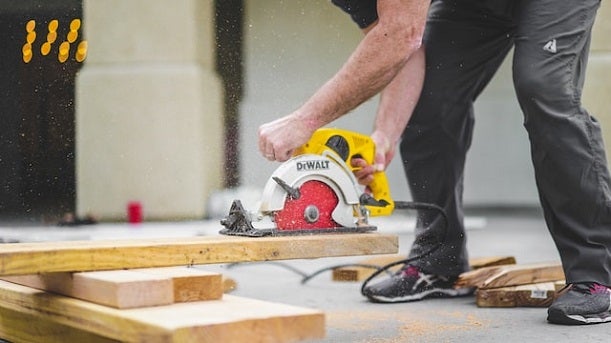DMV warns or risks to children and pets left in hot vehicles
Published 10:02 am Tuesday, August 18, 2015
Last year in the United States, 30 children died from heatstroke caused by being unattended in vehicles, according to statistics from a national child safety organization. In the midst of a hot Virginia summer, the Department of Motor Vehicles (DMV) urges parents and caregivers to never leave children unattended in a vehicle – even for a minute.
When the temperature outside is in the low 80s, the temperature inside a vehicle can reach deadly levels in just 10 minutes – even when the vehicle is parked in the shade. Children have a high risk of suffering heatstroke since their bodies heat up three-to-five times faster than adults.
“You might think your child will be fine while you run into the store for a few minutes but the odds are against you,” said DMV Commissioner Richard D. Holcomb, the Governor’s Highway Safety Representative. “Nearly 90 percent of the children who die of heatstroke in a hot vehicle are three years old or younger. Is your child’s life worth the few seconds it takes to unsnap the car seat and take him with you?”
According to Safe Kids USA, heatstroke is the leading cause of non-crash, vehicle-related deaths for children. Since 1998, more than 630 children in the United States — or one child every ten days — have died from heatstroke when left unattended in a vehicle or after gaining access to an unattended vehicle.
Safe Kids reminds parents and caregivers to lock their vehicles, including doors and the trunk, when they are not using them.
Not only are children — and elderly adults — vulnerable, but pets left in hot vehicles can also suffer from heat exhaustion, heat stroke, brain damage and death. Dogs and cats are prone to extreme heat since they cannot perspire and can only dispel heat by panting and through the pads of their feet.
If you see a child, elderly adult or pet unattended in a hot car, call 911 right away.
“Bystanders may be uncomfortable acting, but they need to know that one call can save a life,” Holcomb said. “Emergency personnel would much rather respond to a false alarm than a fatality.”
Safe Kids encourages parents and caregivers to save lives by remembering to ACT:
A: Avoid heatstroke-related injury and death by never leaving your child alone in a car, not even for a minute. And make sure to keep your car locked when you’re not in it so kids don’t get in on their own.
C: Create reminders by putting something in the back of your car next to your child such as a briefcase, a purse or a cell phone that is needed at your final destination. This is especially important if you’re not following a normal routine.
T: Take action. If you see a child alone in a car, call 911. Emergency personnel want you to call. They are trained to respond to these situations. One call could save a life.





